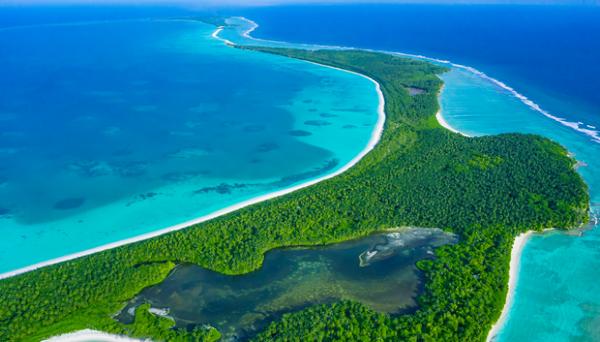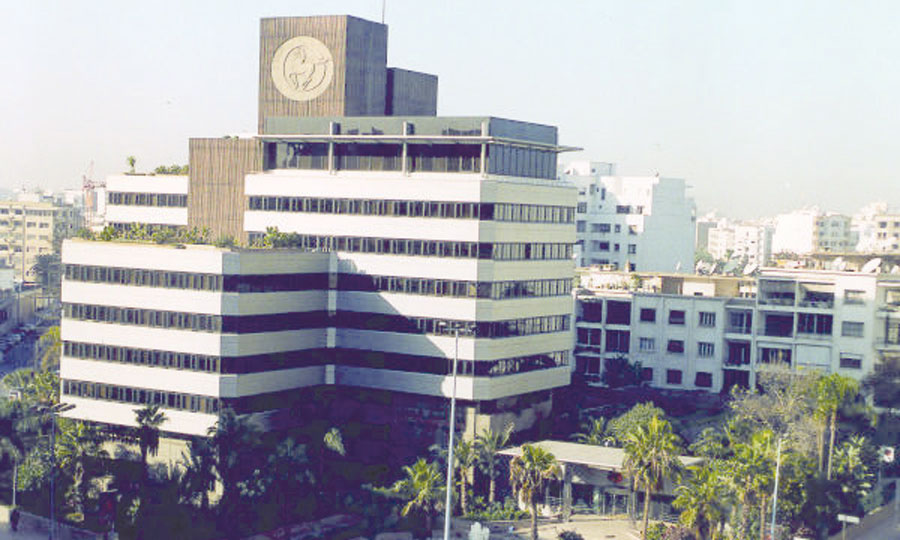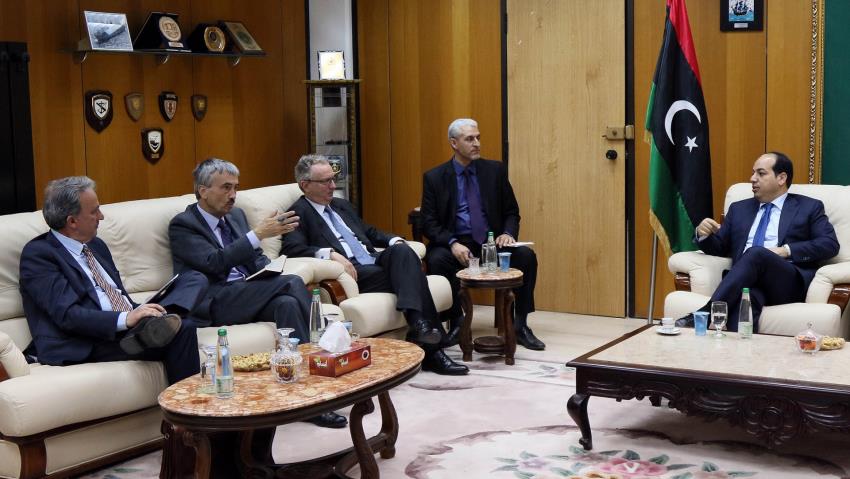Mauritius, one of Africa’s most stable democracies, conducted parliamentary elections Sunday as Prime Minister Pravind Jugnauth’s ruling party sought to secure a second five-year term. The election follows recent controversy over the government’s temporary social media restrictions during a wiretapping scandal involving leaked conversations of prominent figures.
Approximately one million registered voters participated in the country’s twelfth election since gaining independence from Britain in 1968. The contest primarily features Jugnauth’s center-left Militant Socialist Movement, which secured a parliamentary majority in 2019, against Navin Ramgoolam’s Alliance for Change.
The electoral system allows voters to select 62 parliamentary representatives, with an additional eight lawmakers appointed by the Electoral Supervisory Council. The party or alliance securing a majority forms the government and selects the prime minister.
Mauritius, situated 2,000 kilometers off Africa’s eastern coast, has established itself as a regional success story with a diversified economy built on finance, tourism, and agriculture. The nation ranks second in Africa on human development indicators, reflecting high standards in life expectancy, education, and income per capita.
Despite experiencing setbacks during the global pandemic, particularly in its tourism sector, Mauritius maintains its position as a beacon of economic achievement in sub-Saharan Africa. The World Bank has consistently praised the country’s remarkable post-independence growth trajectory, including its brief achievement of high-income status in 2020.



